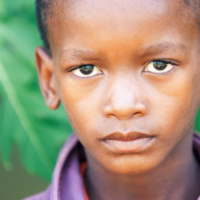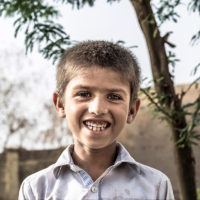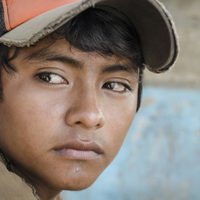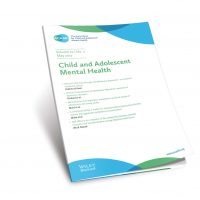Low-middle income countries (LMICs)
-

CAMH Editorial: Volume 26, Issue 2, May 2021
There is probably a consensus that psychiatric hospitalization for children and adolescents should be part of a continuum of care, but that given its expense and unnatural nature (children should be with families in a community), as noted by Kyriakopoulos in this issue, it should be used sparingly.
Read more -

Child soldiers exposed to more violence and combat are at greater risk of mental health problems
Sadly, the involvement of children in armed conflict is increasing,1 and leads to a higher risk of developing mental health problems.
Read more -

Nigerian young people from parentally deprived backgrounds show enhanced working memory capacity
Early adverse rearing can impair cognitive functions in all domains.1 However, those who take an evolutionary–developmental stance propose that there could be adaptive benefits associated with early adverse rearing.2,3
Read more -

Latest evidence on mental health interventions and service response to refugee children
The latest figures indicate that in 2016 65.5 million people had to leave their homes due to war and armed conflicts, of which around one-third of are refugees who fled other countries to seek asylum.
Read more -

Psychosocial interventions for disruptive behaviour problems are feasible in low and middle-income countries
Erly 2018, JCPP published data from a systematic review and meta-analysis of psychosocial interventions for disruptive behaviour problems in children in low and middle-income countries. The study, by Professor Matthew Burkey and colleagues, found that child-focused and behavioural parenting interventions may be effective for affected children in these socioeconomic groups.
Read more -

CAMH Editorial: Volume 22, Issue 4, November 2017
“Global child mental health – emerging challenges and opportunities” by Panos Vostanis.
Read more